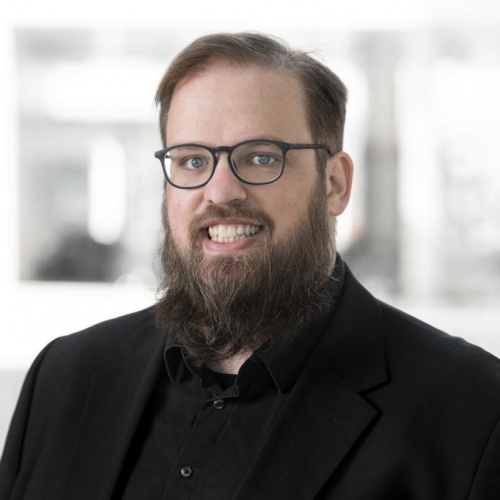Philipp Schrögel received a Diploma in physics from the University of Erlangen-Nuremberg with a specialization in radiation and medical physics. Subsequently he went to Harvard University as a McCloy scholar of the National German Merit Foundation. He received a Master’s in Public Policy (MPP) from the Harvard Kennedy School of Government with a specialization in science and technology policy.
From June 2011 to September 2014, he worked as a consultant for citizen participation, science and technology communication and foresight for IFOK GmbH. His major projects during that time were the Citizen Dialogue on Future Technologies / Topics for the Federal Ministry of Education and Research, the stakeholder dialogue on the mobility and fuel strategy for the German federal government and the forum for technology journalism. Since September 2014 he works as a freelance consultant and science communicator.
Between 2012 and 2016 he had different teaching assignments at Central Institute for Applied Ethics and Science Communication at the University of Erlangen-Nuremberg. From February 2016 to March 2021, he worked as researcher at the Department for Science Communication at the Institute for Technology Futures at the Karlsruhe Institute of Technology (KIT) and was teaching in the BA and MA programmes “Science – Media – Communications”. His major projects were Science In Presentations (reception studies on forms of science presentations), Science For All (marginalized and excluded audiences in science communication and evaluation of inclusive/accessible pilot projects). He was responsible for several projects implementing and evaluation innovative forms of science communication: “And what are you doing?” (science communication in rural areas), Ocean Shop Window (video installations and public talks in empty shop locations) and “Back to the Future of Work” (workshops and a documentary film comparing historic and contemporary perspectives on the future of work).
He is organizing and moderation the Science Slam Karlsruhe and was a member of the 2019 class of the Open Science Fellowship by Wikimedia Germany, Stifterverband and Volkswagen Foundation.
From April 2021 to March 2024, he served as research area coordinator and is responsible for science communication at the Käte Hamburger Centre for Apocalyptic and Post-Apocalyptic Studies (CAPAS).
